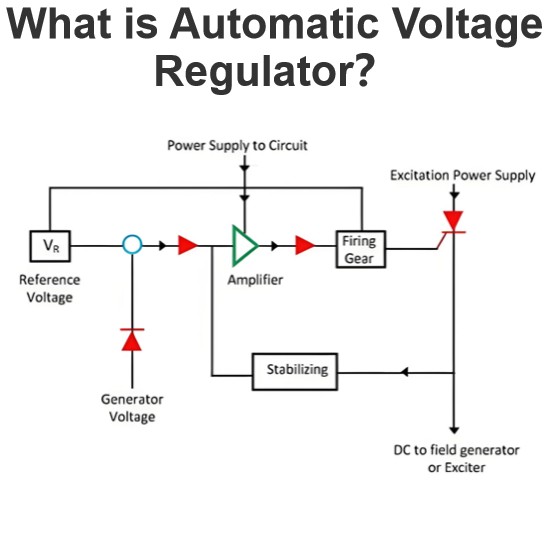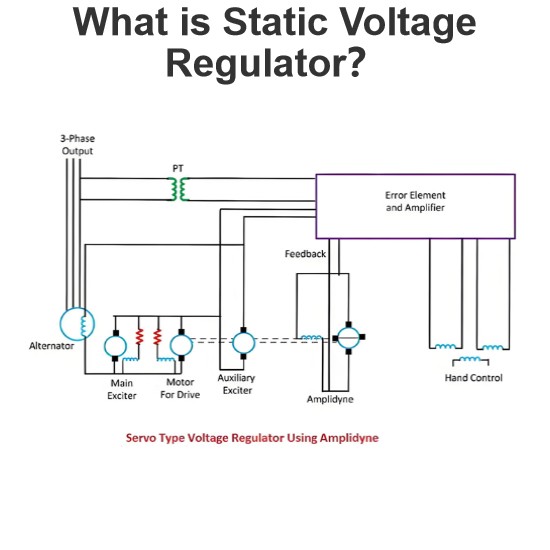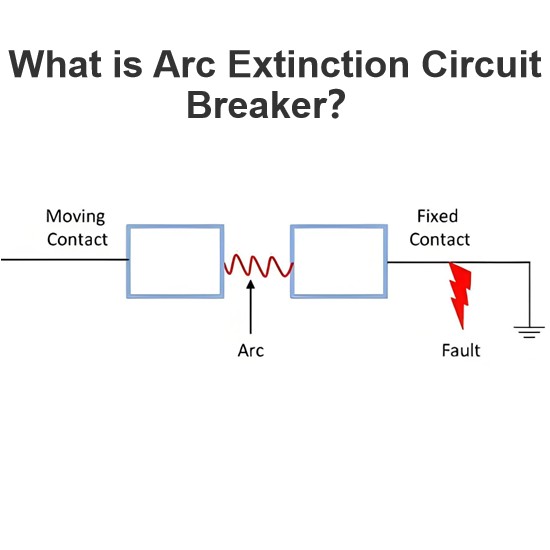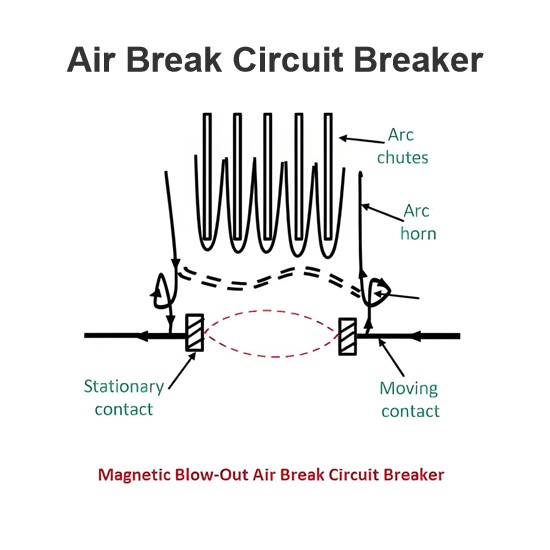What type of wire is typically used for making electric cables?
Electric cables are composed of one or more wires enclosed in a protective covering. The choice of wire material depends on several factors including conductivity, cost, flexibility, strength, and resistance to corrosion. The most commonly used types of wire for making electric cables include:
Copper (Cu)
High Conductivity: Copper has excellent electrical conductivity, second only to silver among common metals.
Good Flexibility: Copper is relatively soft and ductile, which makes it easy to work with and shape into wires.
Corrosion Resistance: Copper forms a patina that protects it from further oxidation, though it can corrode in certain environment
Common Availability: Copper is widely available and has been the standard material for electrical wiring for many years.
High Durability: Copper is durable and can withstand repeated bending without breaking.
Aluminum (Al)
Lightweight: Aluminum is much lighter than copper, which makes it suitable for overhead power lines.
Lower Cost: Aluminum is generally cheaper than copper, which can make it more economical for large-scale projects.
Good Conductivity: Although not as conductive as copper, aluminum still offers good electrical conductivity.
Corrosion Resistance: Aluminum also forms an oxide layer that protects against corrosion, but this can sometimes lead to increased resistance at connections.
Strength: While aluminum is strong, it is also more prone to creep (slow deformation under constant load) compared to copper.
Other Materials
Silver (Ag): While silver has the highest electrical conductivity of all metals, it is rarely used due to its high cost.
Gold (Au): Gold is used in specialized applications where corrosion resistance and high conductivity are critical.
Tinned Copper: Copper coated with a thin layer of tin to prevent oxidation and enhance corrosion resistance.
Composite Wires: Some cables use composite wires made of both copper and aluminum to combine the benefits of both materials, such as higher conductivity and lower weight.
Choice Factors
The choice of wire material for electric cables depends on the specific requirements of the application, including:
Electrical Performance: Conductivity and resistance to heat and current.
Mechanical Strength: Flexibility, durability, and ability to withstand environmental conditions.
Cost: Initial purchase price and long-term maintenance costs.
Safety: Resistance to corrosion and fire hazards.
Environmental Impact: Ease of recycling and environmental friendliness.
Common Applications
Household Wiring: Typically uses copper due to its reliability and safety.
Power Transmission: Often uses aluminum for overhead transmission lines due to its light weight and cost-effectiveness.
Electronics: Uses fine copper or gold wires for internal connections in devices where reliability is paramount.
In summary, while copper is the most commonly used material for electric cables due to its superior conductivity and flexibility, aluminum is also frequently employed in situations where weight and cost are important considerations. Other materials may be used in specialized applications depending on the specific needs.
The Electricity Encyclopedia is dedicated to accelerating the dissemination and application of electricity knowledge and adding impetus to the development and innovation of the electricity industry.













